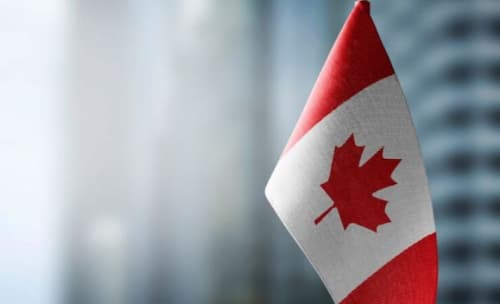Canada announces new visa requirements; raises proof of funds from $10,000 to $20,000
The “cost-of-living financial requirement for study permit applicants” for international students would rise from $10,000 to $20,000 as of January 1, 2024

Canada announces new visa requirements for Student Visa
Friday, December 07, 2023 – The “cost-of-living financial requirement for study permit applicants” for international students would rise from $10,000 to $20,000 as of January 1, 2024, according to an announcement made by the Canadian government.
In a statement released on Thursday, December 7, Canadian Minister of Immigration, Refugees, and Citizenship Marc Miller announced this announcement.
“To ensure that overseas students are financially prepared for life in Canada, the cost-of-living financial criterion for study visa applicants will be enhanced effective January 1, 2024.
“For 2024, in addition to their first year’s tuition and travel expenses, a single applicant will have to demonstrate that they have $20,635, which is 75% of LICO. A portion of the announcement states, “This change will apply to new study permit applications received on or after January 1, 2024.
Read Also; United Kingdom Enacts Five New Laws to Reduce Immigrant Inflow
The $10,000 threshold for international students applying for study permits has not changed in almost 20 years.
The statement went on to say that this evaluation, which is effective as of January 1, “will help prevent student vulnerability and exploitation.”
The announcement follows the UK’s implementation of new regulations that will make it harder for people from Kenya and other countries to get a visa.
The reforms were revealed in the House of Commons on Monday by Home Secretary James Cleverly.
The government said that it would raise the minimum yearly income from £26,200 to £38,700 to allow foreign workers to qualify for a skilled worker visa. The amount alone exceeds the median average pay that a full-time worker in Britain currently makes.

